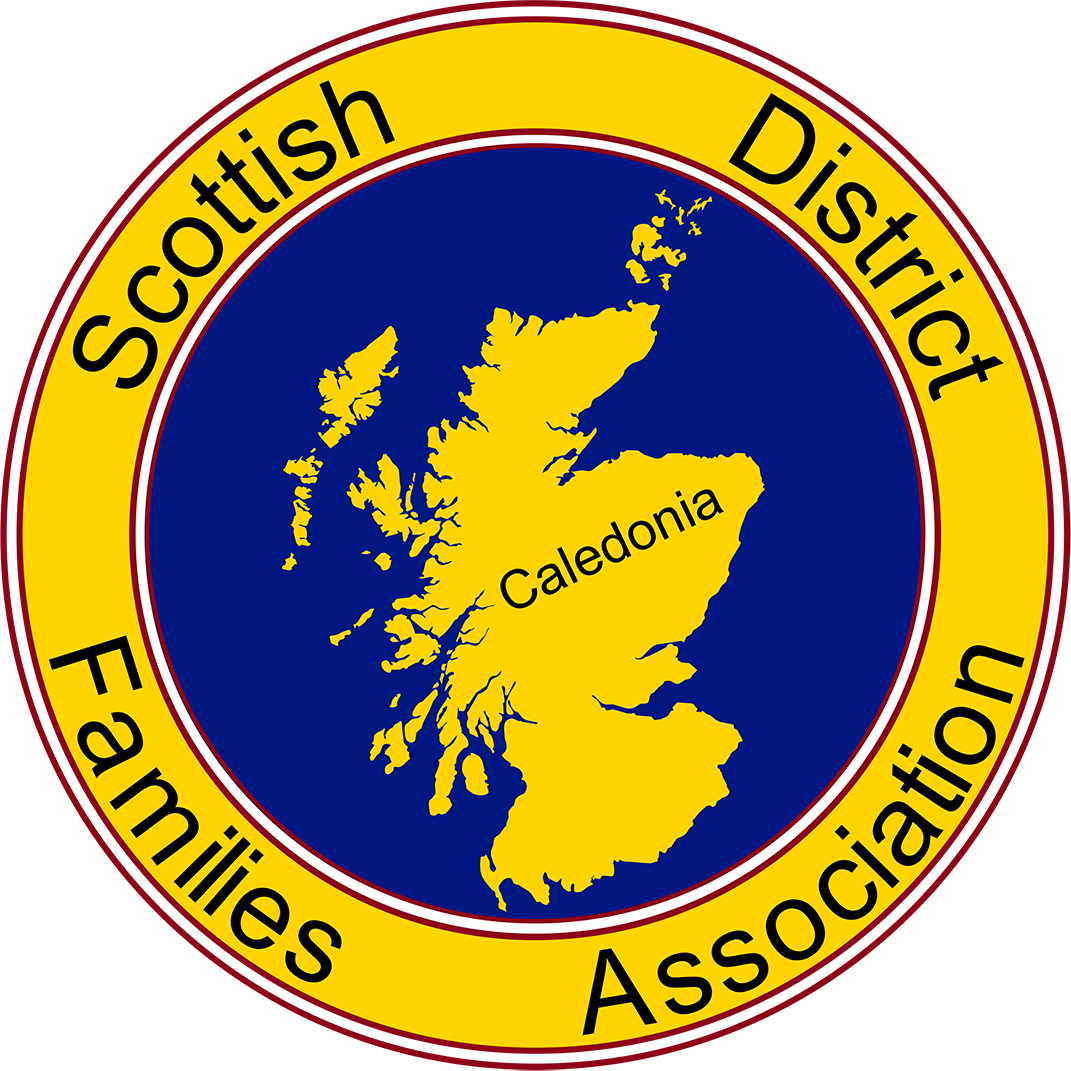Districts & Tartans
Understanding Scottish Surnames
- Home
- Districts Tartans & Surnames
- Understanding Scottish Surnames
General
Scottish surnames were influenced by resident Picts, Norman invasion, Irish emigration in the 5th century, and Anglian immigrants along the borders. There were also raids and colonization of the Scottish Isles by the Norsemen some of which contributed to the surnames we see today. Generally, family lists ignored spelling variations which were a direct result of these migrations and subsequent urbanization occurring at a time when most of the people were illiterate.
Regarding spelling variations, one should not be inflexible over on the exact spelling of a family name when researching. In his Expanded 9th Edition of Tartan For Me! Philip D. Smith, Jr., Ph.D., points out:
“Most of our ancestors were illiterate until recently especially if they were Gaelic speakers. Most Gaels were not taught to read or write their own language. In contrast with English, Gaelic speakers place more emphasis on the spoken language than on the written form. This means that Gaelic spelling is constantly being modified to match the spoken form, Irish in 1948 and Scottish Gaelic in 1982.”
Patronymics
Patronymics is where a son’s name is derived from the father or an ancestor’s forename, for example: Robert Heston’s son Patrick would have been Patrick Robertson, and his son, in turn, would have been Hamish Patrickson. Thus, creating a challenge when researching family genealogy in that the surname changed with each successive generation.
The use of patronymic surnames was also passed down to the daughter with the girl adopting the father’s forename and daughter applied to the end. Records show that the daughter suffix was commonly abbreviated, for example: Erin Robertsdaughter was then seen recorded as Robsdr, or Robsd.
The practice of using patronymic surnames died out in the Scottish Lowlands late in the 15th century when patronymic surnames, or surnames in general, were assumed as permanent family names. In the Highlands and Islands patronymic surnames continued in use well into the 18th and 19th centuries.
Territorial names, topographical names
Many surnames recorded in Scotland were those of nobles whose surnames were derived from the lands they possessed. These names are sometimes called territorial or habitation names. Many of these surnames were brought to Scotland by Anglo-Normans, whose surnames were derived from either land in Normandy or in England. For example, Bruce is derived from Brix in Manche, France. In the south of Scotland, Barton is derived from Dumbarton. Not all territorial surnames are derived from lands owned by their bearers. In some cases, such names were borne by tenants of the owners of the lands they lived on. In this way the bearers of these surnames may not have had any kinship with the landowners.
Then there are those Scottish surnames derived from geographical locations rather than specific places. These names refer to vague features like forests, streams, and marshes; such names may also refer to manmade structures such as castles and churches. Sometimes names derived from proper names of geographical features can be classified as topographic and refer to a location rather than a specific settlement.
Occupational names
Many surnames are derived from the occupations, or trades, of their original bearers. For example, Shepherd, Mason, and Fletcher. Eventually, true occupational surnames became hereditary and were passed down through families. Occupational names were rare amongst Gaelic speakers, examples of such surnames derived from Gaelic occupational name is Gow, from the Scottish Gaelic Gobha (smith), and Macpherson means “son of the parson”, from the Gaelic surname Mac a’ Phearsain.
Bynames
Bynames were once very common in Scotland. These names were used in areas where there were few names in circulation, and the bynames were added onto the name of a person, to distinguish them from others who bore the same name. Bynames were particularly prevalent in fishing communities in the northeastern part of Scotland but were also used in the Borders and the West Highlands. In some cases, such as fishing communities, the names of fishing boats were tacked onto the names of people. Examples of Scottish surnames derived from nicknames are: Little, a nickname for a small man or the name was used to distinguish the younger of two bearers of the same personal name. and White, a descriptive name relating to someone with white or blonde hair, or complexion. One of the most common Scottish surnames is Armstrong, which means the son of a strong man.
Regional names, or ethnic names
Some Scottish surnames can be classified as either “regional names” or “ethnic names.” These names originally referred to the origin of the bearer and tended to have been acquired by people who migrated a considerable distance from their original homes. In other cases, names were sometimes borne by people who were related to a foreign place. An example of an ethnic surname is Fleming, a native of Flanders, Belgium.
The use of formal surnames did not become common place until around the 12th century under the influence of Medieval English practice at which time it became common in the upper segments of Scottish society. Eventually the use of surnames became necessary to distinguish the common folk from the upper echelons by more than just the given name.

